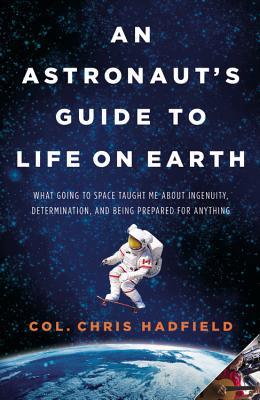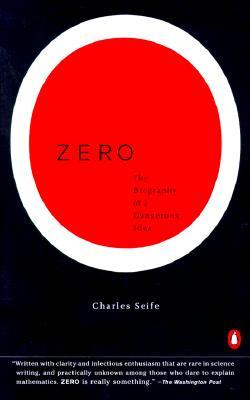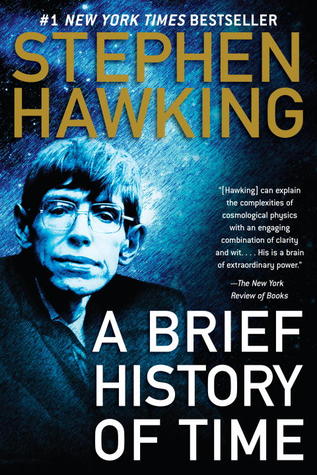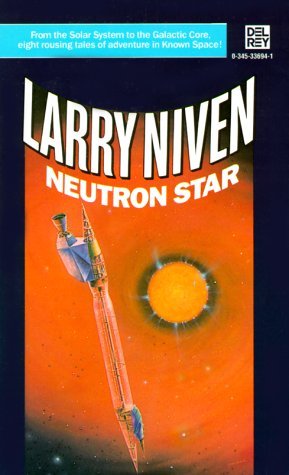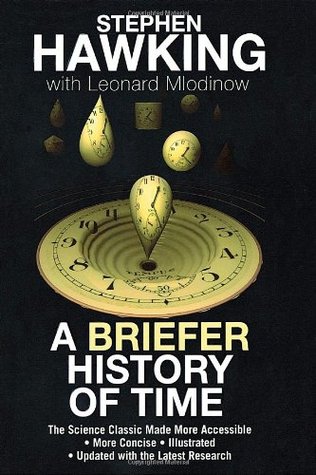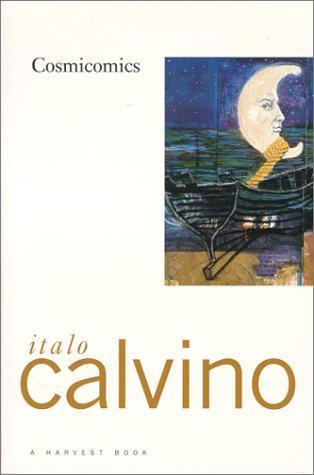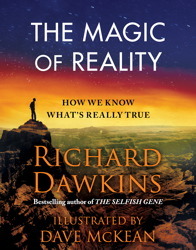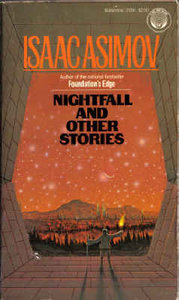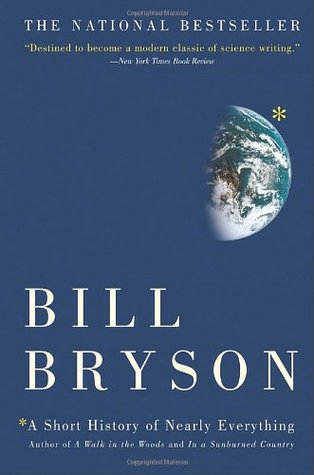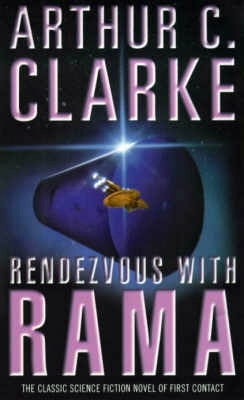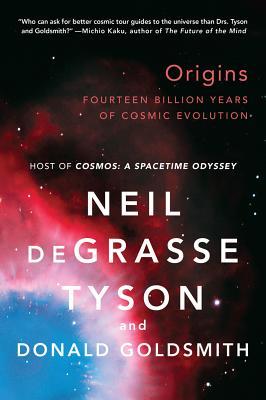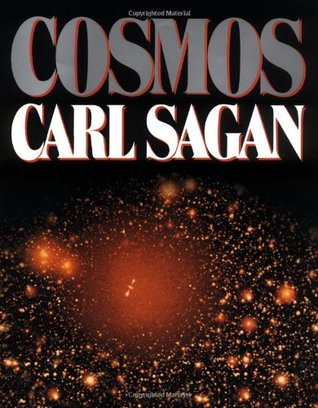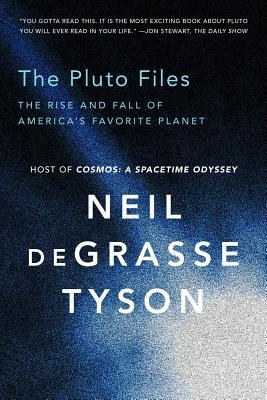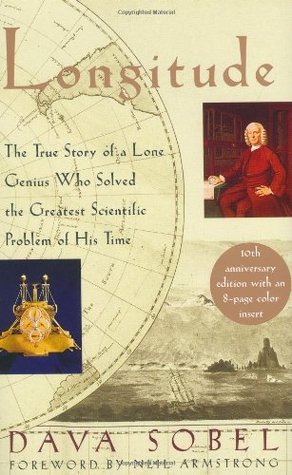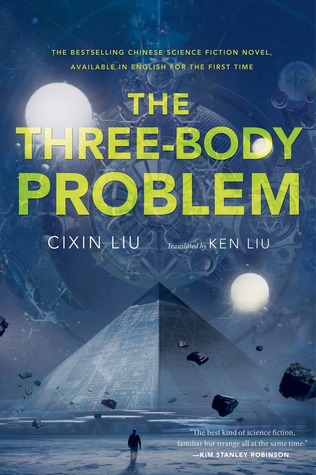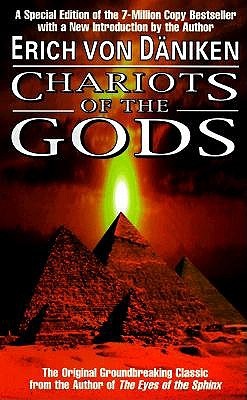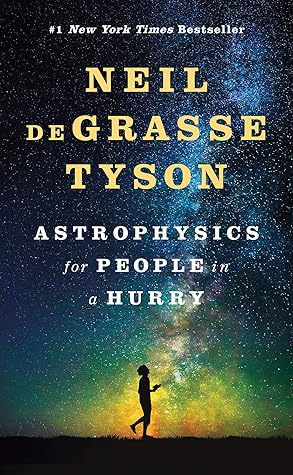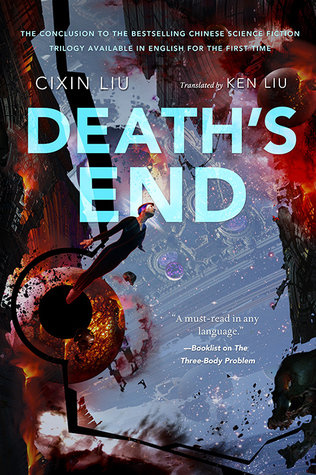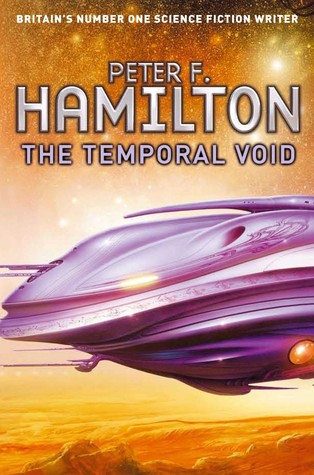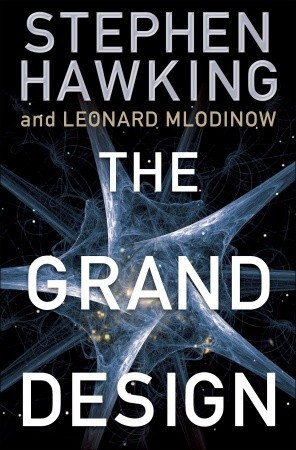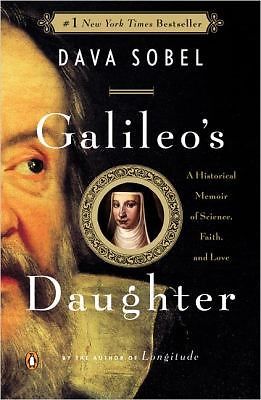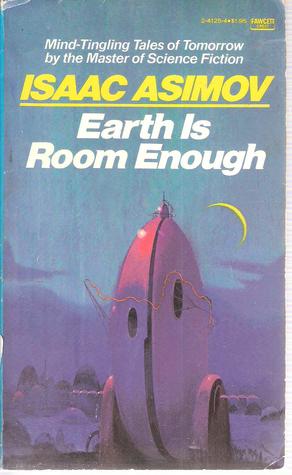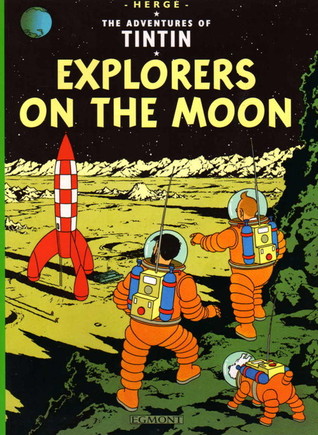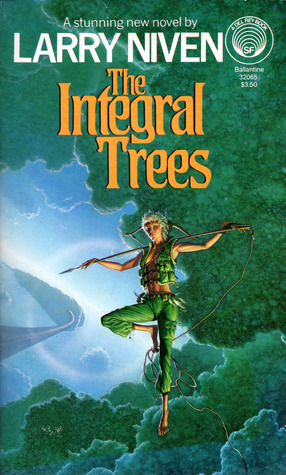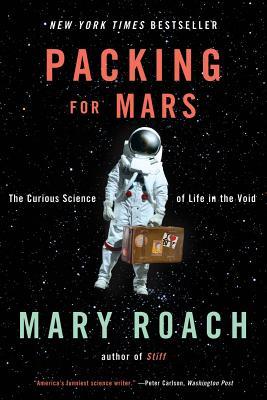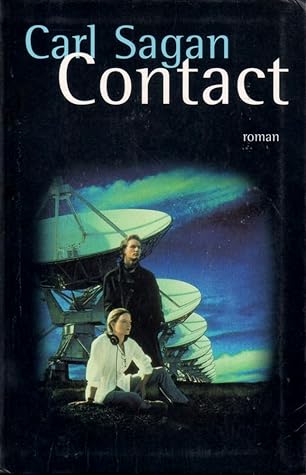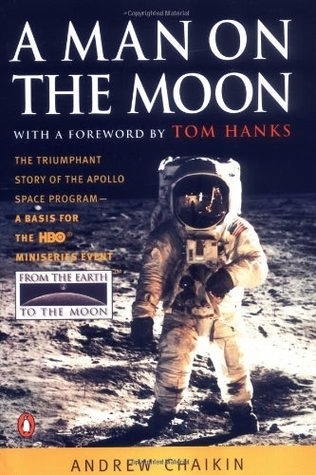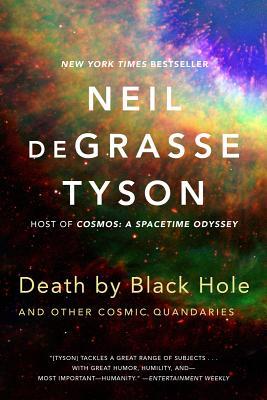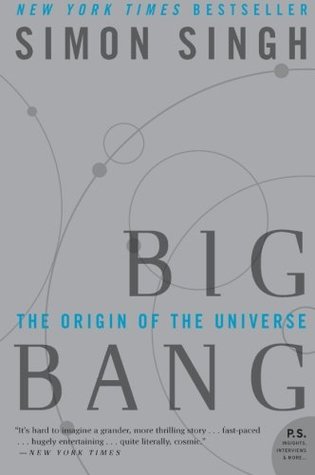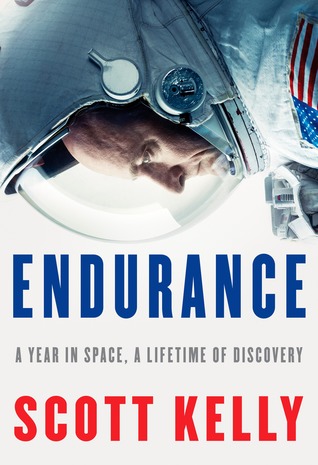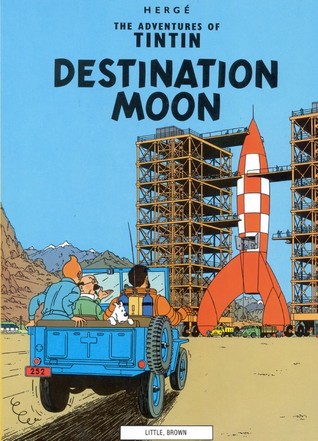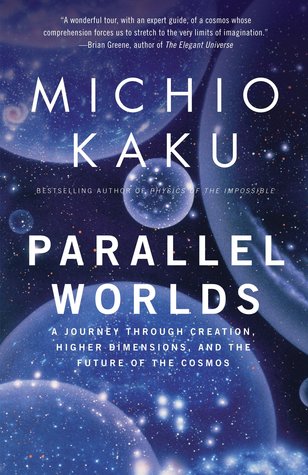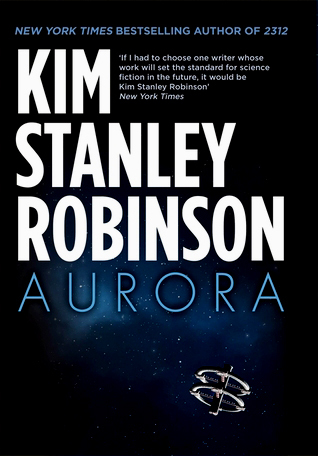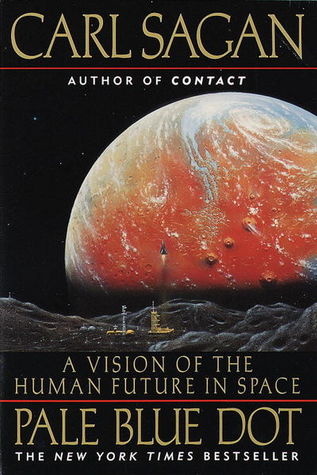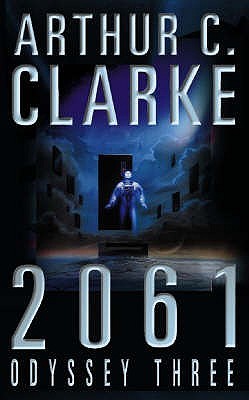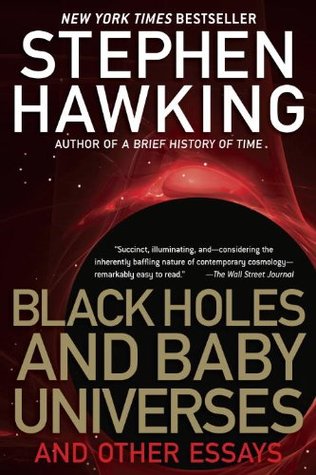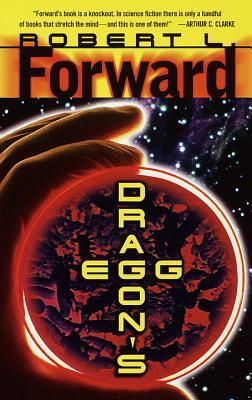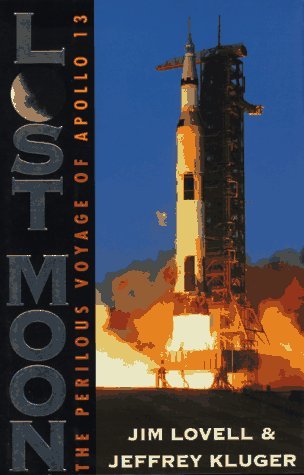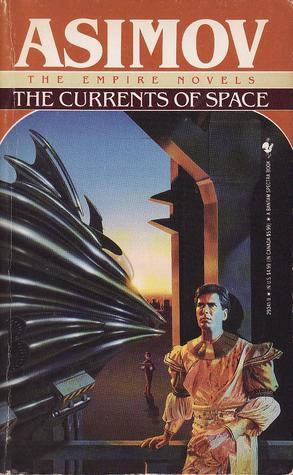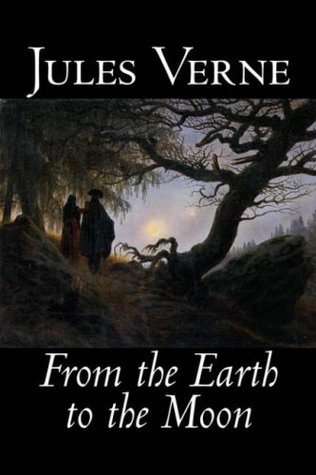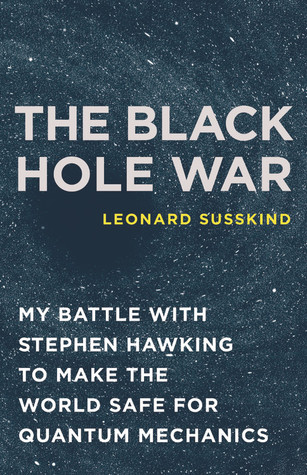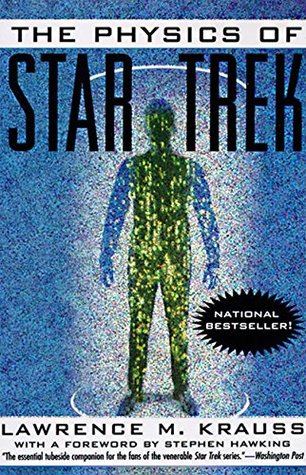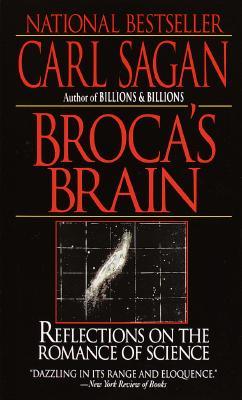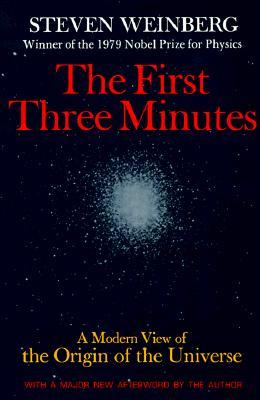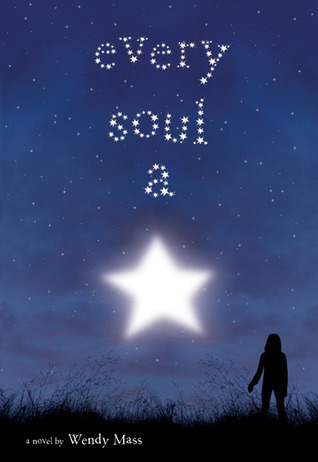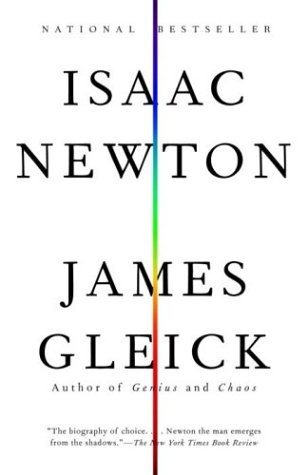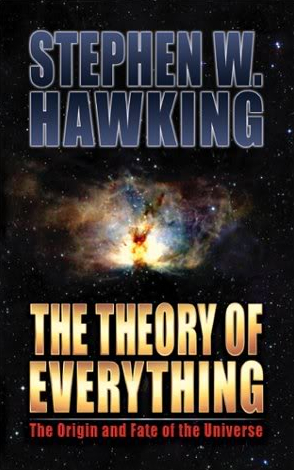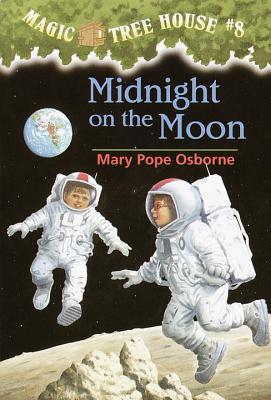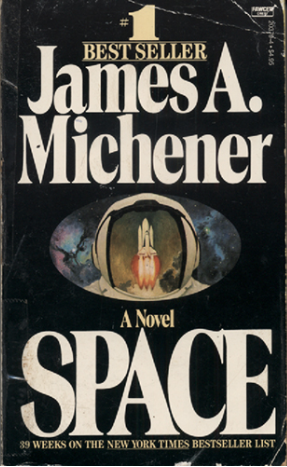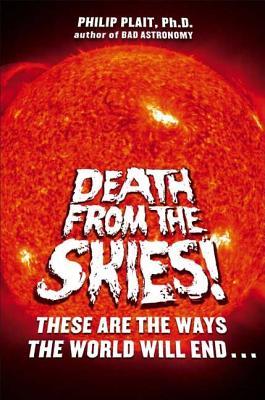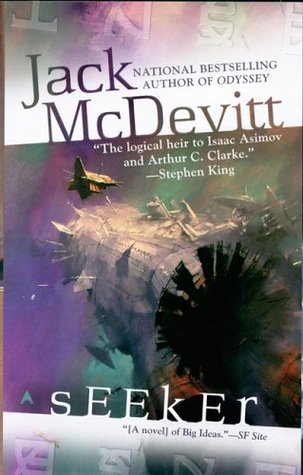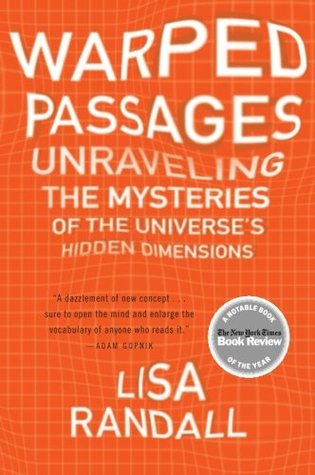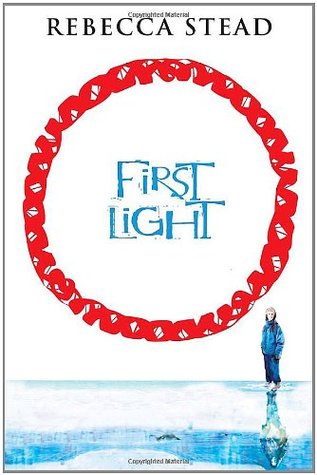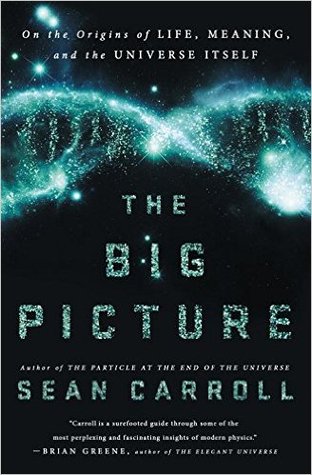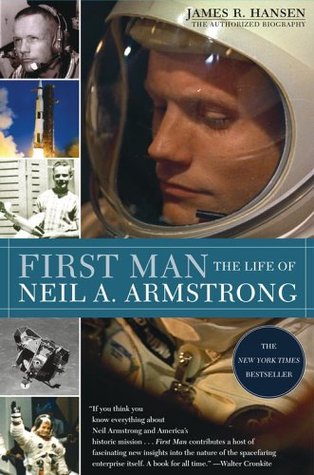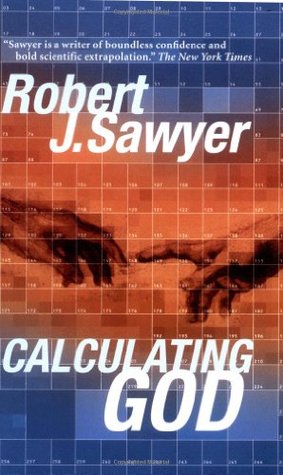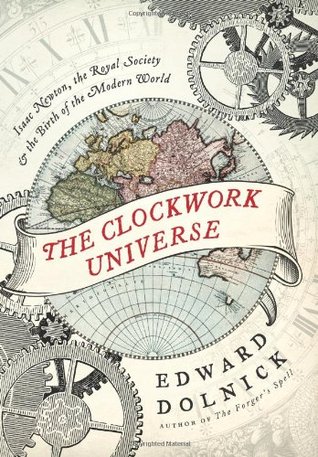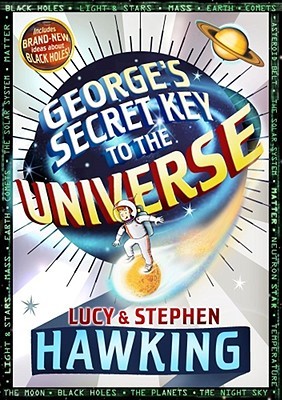Literary theme analysis, by a book like {foo}
Books about Astronomy
An Astronaut's Guide to Life on Earth
by Chris Hadfield
Experiences and insights from a veteran astronaut's career, empowering readers to achieve their greatest goals.
Colonel Chris Hadfield has spent decades training as an astronaut and has logged nearly 4000 hours in space. During this time he has broken into a Space Station with a Swiss army knife, disposed of a ... (Goodreads)
Zero: The Biography of a Dangerous Idea
by Charles Seife
The story of the number zero, its history, and its impact on mathematics, science, and society.
The Babylonians invented it, the Greeks banned it, the Hindus worshipped it, and the Church used it to fend off heretics. For centuries, the power of zero savored of the demonic; once harnessed, it ... (Goodreads)
A Brief History of Time
by Stephen Hawking
Exploring the depths of time and space and the emergence of the universe.
In the ten years since its publication in 1988, Stephen Hawking's classic work has become a landmark volume in scientific writing, with more than nine million copies in forty languages sold ... (Goodreads)
Neutron Star
by Larry Niven
An interstellar adventure of a human astronaut and an alien AI, discovering a mysterious neutron star.
Beowulf Shaeffer , a native of the planet We Made It and unemployed for the last eight months due to a stock market crash, is contracted by a Pierson's Puppeteer, the Regional President of General ... (Wikipedia)
Stargazer
by Claudia Gray
A girl discovers she has the power to control the stars and must navigate a dangerous world of politics and power struggles.
The vampire in me was closer to the surface..., Evernight Academy: an exclusive boarding school for the most beautiful, dangerous students of all—vampires. Bianca, born to two vampires, has always ... (Goodreads)
A Briefer History of Time
by Stephen Hawking
A concise overview of the history of the universe, from the Big Bang to the present day.
Stephen Hawking's worldwide bestseller, A Brief History of Time, has been a landmark volume in scientific writing. Its author's engaging voice is one reason, and the compelling subjects he addresses ... (Goodreads)
Cosmicomics
by Italo Calvino
A collection of stories that explore the mysteries of the universe, blending science and myth.
Italo Calvino's extraordinary imagination and intelligence combine here in an enchanting series of stories about the evolution of the universe. He makes his characters out of mathematical formulae ... (Goodreads)
The Magic of Reality: How We Know What's Really True
by Richard Dawkins
Exploring the science behind phenomena of the natural world, from the big bang to evolution.
Magic takes many forms. Supernatural magic is what our ancestors used in order to explain the world before they developed the scientific method. The ancient Egyptians explained the night by ... (Goodreads)
Nightfall and Other Stories
by Isaac Asimov
Sci-fi collection exploring the wonders of science, technology and humanity.
A collection of early Asimov short stories, showcasing the development of the author's oeuvre. The title comes from Asimov's breakthrough short story. CONTENTS: Nightfall - Astounding, Sept 1941 ... (Goodreads)
A Short History of Nearly Everything
by Bill Bryson
A captivating overview of the natural sciences, spanning the history of the universe.
In Bryson's biggest book, he confronts his greatest challenge: to understand—and, if possible, answer—the oldest, biggest questions we have posed about the universe and ourselves. Taking as territory ... (Goodreads)
Rendezvous with Rama
by Arthur C. Clarke
A mysterious alien spacecraft discovered in the Solar System, explored by a human team.
After an asteroid falls in Northeast Italy in 2077, creating a major disaster, the government of Earth sets up the Spaceguard system as an early warning of arrivals from deep space. The "Rama" of the ... (Wikipedia)
Origins: Fourteen Billion Years of Cosmic Evolution
by Neil deGrasse Tyson
A comprehensive history of the universe, from the Big Bang to present day, exploring the origins of everything we know.
“Who can ask for better cosmic tour guides to the universe than Drs. Tyson and Goldsmith?” —Michio Kaku, author of Hyperspace and Parallel Worlds Our true origins are not just human, or even ... (Barnes & Noble)
Cosmos
by Carl Sagan
Voyage through the vastness of space, unlocking the mysteries of the universe.
Cosmos has 13 heavily illustrated chapters, corresponding to the 13 episodes of the Cosmos television series. In the book, Sagan explores 15 billion years of cosmic evolution and the development of ... (Goodreads)
The Pluto Files: The Rise and Fall of America's Favorite Planet
by Neil deGrasse Tyson
A humorous and informative account of the controversy surrounding Pluto's classification as a planet.
When the Rose Center for Earth and Space at the American Museum of Natural History reclassified Pluto as an icy comet, the New York Times proclaimed on page one, "Pluto Not a Planet? Only in New ... (Goodreads)
Longitude: The True Story of a Lone Genius Who Solved the Greatest Scientific Problem of His Time
by Dava Sobel
Story of a man's determination to solve the complex problem of determining longitude at sea.
Anyone alive in the eighteenth century would have known that "the longitude problem" was the thorniest scientific dilemma of the day—and had been for centuries. Lacking the ability to measure their ... (Goodreads)
The Three-Body Problem
by Liu Cixin
A science fiction novel exploring the consequences of first contact with an alien civilization.
The story takes place in flash-forwards, flashbacks, and the present time. Below is a chronological plotline. During the Cultural Revolution , Ye Wenjie, an astrophysics graduate from Tsinghua ... (Wikipedia)
Chariots of The Gods
by Erich von Däniken
Exploration of the possibility of extraterrestrial influence on the ancient world.
Erich von Daniken's Chariots of the Gods is a work of monumental importance–the first book to introduce the shocking theory that ancient Earth had been visited by aliens. This world-famous bestseller ... (Goodreads)
Astrophysics for People in a Hurry
by Neil deGrasse Tyson
An accessible exploration of the universe and its mysteries.
Over a year on the New York Times bestseller list and more than a million copies sold. The essential universe, from our most celebrated and beloved astrophysicist. What is the nature of space and ... (Barnes & Noble)
Death's End
by Liu Cixin
Epic space opera of humanity's struggle to survive in a universe of cosmic forces.
The story begins during the Fall of Constantinople , describing a prostitute who gains the power of retrieving objects and cutting out human organs without penetrating their enclosures. Constantine ... (Wikipedia)
The Temporal Void
by Peter F. Hamilton
A powerful being threatens the universe, and a group of brave souls must find a way to stop it.
The Intersolar Commonwealth is in turmoil as the Living Dream's deadline for launching its Pilgrimage into the Void draws closer. Not only is the Ocisen Empire fleet fast approaching on a mission of ... (Goodreads)
The Grand Design
by Stephen Hawking
Exploring the origins of the universe and the laws of nature that govern its operation.
THE FIRST MAJOR WORK IN NEARLY A DECADE BY ONE OF THE WORLD’S GREAT THINKERS—A MARVELOUSLY CONCISE BOOK WITH NEW ANSWERS TO THE ULTIMATE QUESTIONS OF LIFE When and how did the universe begin? Why are ... (Goodreads)
Galileo's Daughter: A Historical Memoir of Science, Faith and Love
by Dava Sobel
A captivating exploration of Galileo's life and times, told through his daughter's letters.
Dramatically recolors the personality and accomplishment of a mythic figure whose seventeenth-century clash with Catholic doctrine continues to define the schism between science and religion. ... (Goodreads)
Earth Is Room Enough
by Isaac Asimov
A collection of science fiction short stories exploring the consequences of technology and humanity's relationship with it.
Contents: · The Dead Past · nv Astounding Apr ’56 · The Foundation of Science Fiction Success · pm F&SF Oct ’54 · Franchise · ss If Aug ’55 · Gimmicks Three [“The Brazen Locked Room”] · ss F&SF Nov ... (Goodreads)
Explorers on the Moon
by Hergé
Three friends journey to the Moon to uncover its secrets and find adventure.
The first manned rocked, bound for the Moon, has just launched from the Sprodj Atomic Research Centre in Syldavia. On board are Tintin, Snowy, Captain Haddock, Professor Calculus, and the engineer ... (Goodreads)
The Integral Trees
by Larry Niven
In a gas torus orbiting a neutron star, humans live in a strange world of zero gravity and bizarre flora and fauna.
Twenty astronauts aboard an interstellar "ramship" colonized the Smoke Ring five hundred years before the story begins. Their descendants have adapted their cultures to the free-fall environment. ... (Wikipedia)
Packing for Mars: The Curious Science of Life in the Void
by Mary Roach
Exploring the science, technology and culture of human space travel.
The best-selling author of Stiff and Bonk explores the irresistibly strange universe of space travel and life without gravity. From the Space Shuttle training toilet to a crash test of NASA’s new ... (Goodreads)
Contact
by Carl Sagan
A scientist's search for extraterrestrial life, complex journey of self-discovery.
As a child, Eleanor "Ellie" Arroway displays a strong aptitude for science and mathematics. Dissatisfied with a school lesson, she goes to the library to convince herself that ,π, is transcendental . ... (Wikipedia)
A Man on the Moon
by Andrew Chaikin
A detailed account of the Apollo missions, from the first manned flight to the final moon landing.
On the night of July 20, 1969, our world changed forever when two Americans, Neil Armstrong and Buzz Aldrin, walked on the moon. Now the greatest event of the twentieth century ... (Goodreads)
Death By Black Hole: And Other Cosmic Quandaries
by Neil deGrasse Tyson
Exploring the science of the universe, from the edge of a black hole to the big bang.
A vibrant collection of essays on the cosmos from the nation's best-known astrophysicist. "One of today's best popularizers of science." ,—Kirkus Reviews., Loyal readers of the monthly "Universe" ... (Goodreads)
Big Bang: The Origin of the Universe
by Simon Singh
A comprehensive exploration of the Big Bang Theory, from its earliest beginnings to its implications today.
A half century ago, a shocking Washington Post headline claimed that the world began in five cataclysmic minutes rather than having existed for all time; a skeptical scientist dubbed the maverick ... (Goodreads)
Endurance: A Year in Space, A Lifetime of Discovery
by Scott Kelly
Astronaut shares his story of a year in space, and the power of perseverance and resilience.
"A stunning memoir from the astronaut who spent a record-breaking year aboard the International Space Station – a candid account of his remarkable voyage, the journeys that preceded it, and his ... (Goodreads)
Destination Moon
by Hergé
Exploration of the moon with a group of scientists, engineers, and adventurers.
The classic graphic novel. Professor Calculus is building a rocket, but Tintin quickly realizes that there are spies around every corner trying to steal the professor's design! When Professor ... (Goodreads)
Parallel Worlds: A Journey through Creation, Higher Dimensions, and the Future of the Cosmos
by Michio Kaku
An exploration of the universe, its dimensions, and the possibilities of the future.
In this thrilling journey into the mysteries of our cosmos, bestselling author Michio Kaku takes us on a dizzying ride to explore black holes and time machines, multidimensional space and, most ... (Goodreads)
Aurora
by Kim Stanley Robinson
A future mission to colonize another planet, and the ethical, social, and psychological challenges it presents.
A generation ship is launched from Saturn in 2545 at 10% c (i.e. traveling at 108,000,000 km/hr or 10% the speed of light). It includes twenty-four self-contained biomes and an average population of ... (Wikipedia)
Pale Blue Dot: A Vision of the Human Future in Space
by Carl Sagan
Reflection on humanity's place in the universe, and its responsibility to protect life on Earth.
Pulitzer Prize-winning author Carl Sagan traces our exploration of space and suggests that our very survival may depend on the wise use of other worlds. This stirring book reveals how scientific ... (Goodreads)
2061: Odyssey Three
by Arthur C. Clarke
A space mission to Jupiter's moon Europa, with a mission to prevent an alien conspiracy.
Arthur C. Clarke, creator of one of the world's best-loved science fiction tales, revisits the most famous future ever imagined in this NEW YORK TIMES bestseller, as two expeditions into space become ... (Goodreads)
Black Holes and Baby Universes and Other Essays
by Stephen Hawking
A collection of essays exploring the mysteries of the universe and its implications for humanity.
NY Times bestseller. 13 extraordinary essays shed new light on the mysteries of the universe & on one of the most brilliant thinkers of our time. In his phenomenal bestseller A Brief History of Time ... (Goodreads)
Dragon's Egg
by Robert L. Forward
A human mission to a neutron star discovers an alien civilization on the surface of a rapidly rotating egg-shaped object.
Half a million years ago and 50 light-years from Earth, a star in the constellation Draco turns supernova , and the star's remnant becomes a neutron star . The radiation from the explosion causes ... (Wikipedia)
Lost Moon: The Perilous Voyage of Apollo 13
by Jim Lovell
The gripping account of the Apollo 13 mission, detailing the harrowing experience of the astronauts and the heroic efforts to bring them back to Earth.
April 1970. The glory days of the Apollo space program. NASA send Commander Jim Lovell and two other astronauts on America's fifth mission to the moon. Only fifty-five hours into the flight, disaster ... (Goodreads)
آينشتين والنسبية
by مصطفى محمود
يحاول دكتور مصطفى محمود - رحمه الله - بأسلوبه المعروف بالسهولة والمنطقية الشديدة في فهم النظرية النسبية لأينشتين بحيث تناسب فهم وإدراك عامة الناس .. في اعتراض شديد منه على قصر المعلومات على عدد قليل ... (Goodreads)
The Currents of Space
by Isaac Asimov
A man with no memory is found on a distant planet, leading to a conspiracy that threatens the entire galaxy.
The story takes place in the context of Trantor 's rise from a large regional power to a galaxy-wide empire , unifying millions of worlds. The approximate date is around the year 11,000 AD ... (Wikipedia)
From the Earth to the Moon
by Jules Verne
A thrilling adventure of a rocket voyage to the moon, led by brave and daring astronauts.
The story opens some time after the end of the American Civil War . The Baltimore Gun Club, a society dedicated to the design of weapons of all kinds (especially cannons), comes together when Impey ... (Wikipedia)
The Black Hole War: My Battle with Stephen Hawking to Make the World Safe for Quantum Mechanics
by Leonard Susskind
A physicist's account of his debate with Stephen Hawking over the nature of black holes and the implications for quantum mechanics.
What happens when something is sucked into a black hole? Does it disappear? Three decades ago, a young physicist named Stephen Hawking claimed it did, and in doing so put at risk everything we know ... (Goodreads)
The Physics of Star Trek
by Lawrence M. Krauss
Examines the scientific concepts behind the popular TV series, exploring the possibilities and limitations of space travel and futuristic technologies.
What exactly "warps" when you are traveling at warp speed? What is the difference between the holodeck and a hologram? What happens when you get beamed up? Are time loops really possible, and can I ... (Goodreads)
Broca's Brain: Reflections on the Romance of Science
by Carl Sagan
A collection of essays exploring the wonders and limitations of science, and the intersection of science and society.
Carl Sagan, writer & scientist, returns from the frontier to tell us about how the world works. In his delightfully down-to-earth style, he explores & explains a mind-boggling future of intelligent ... (Goodreads)
The First Three Minutes: A Modern View of the Origin of the Universe
by Steven Weinberg
A comprehensive explanation of the first three minutes after the Big Bang, exploring the origins of the universe and its fundamental particles.
A Nobel Prize-winning physicist explains what happened at the very beginning of the universe, and how we know, in this popular science classic. Our universe has been growing for nearly 14 billion ... (Goodreads)
Every Soul a Star
by Wendy Mass
Three kids from different backgrounds converge at a campground to witness a total solar eclipse, discovering themselves and each other in the process.
Almost 13-year-old Ally lives at a campsite called The Moon Shadow where she is homeschooled by her parents along with her 10-year-old brother Kenny. Although they don't have phone reception and have ... (Wikipedia)
Isaac Newton
by James Gleick
A biography of the life and work of Isaac Newton, one of the most influential scientists in history.
Isaac Newton was born in a stone farmhouse in 1642, fatherless and unwanted by his mother. When he died in London in 1727 he was so renowned he was given a state funeral—an unheard-of honor for a ... (Goodreads)
The Theory of Everything: The Origin and Fate of the Universe
by Stephen Hawking
Examining the laws of the universe and the search for a unifying theory.
Stephen Hawking is widely believed to be one of the world’s greatest minds, a brilliant theoretical physicist whose work helped reconfigure models of the universe and define what’s in it. Imagine ... (Barnes & Noble)
Midnight on the Moon
by Mary Pope Osborne
A magical adventure to the moon, revealing the mysteries of the universe.
Jack and Annie are ready for their next fantasy adventure in the bestselling middle-grade series—the Magic Tree House! Three . . . two . . . one . . . BLAST OFF! The Magic Tree House whisks Jack and ... (Goodreads)
Space
by James A. Michener
A historical and fictional account of the American space program, from its beginnings to the first moon landing.
The story begins in 1944 and covers more than 30 years in the lives of four men and their families: Dieter Kolff, a German rocket engineer who worked for the Nazis ; Norman Grant, a World War II hero ... (Wikipedia)
Death from the Skies!: These Are the Ways the World Will End...
by Philip Plait
A humorous yet informative guide to the various ways the universe can kill us all.
A lively astronomy primer that uses cataclysmic scenarios to explain the universe's most fascinating events . According to astronomer Philip Plait, the universe is an apocalypse waiting to happen But ... (Goodreads)
Seeker
by Jack McDevitt
A space adventure following a team of archaeologists as they search for answers to the mysteries of an ancient alien race.
The Barnes & Noble Review Alex Benedict and his executive assistant, Chase Kolpath – ambitious antiquities dealers from Jack McDevitt's A Talent for War (1989) and, more recently, Polaris -- are back ... (Goodreads)
Warped Passages: Unraveling the Mysteries of the Universe's Hidden Dimensions
by Lisa Randall
A journey through the world of particle physics and cosmology, exploring the possibility of extra dimensions and their impact on our universe.
The universe has many secrets. It may hide additional dimensions of space other than the familier three we recognize. There might even be another universe adjacent to ours, invisible and unattainable ... (Goodreads)
First Light
by Rebecca Stead
A young girl discovers a mysterious boy who seems to be from another time. Together, they unravel a secret that could change everything.
First Light follows the adventure of two protagonists, Peter, who lives with his mother and father in New York but is in Greenland for his father's research, and Thea, who lives in an underground ... (Wikipedia)
The Big Picture: On the Origins of Life, Meaning, and the Universe Itself
by Sean Carroll
A scientific exploration of the origins of life, the universe, and the meaning of existence.
Already internationally acclaimed for his elegant, lucid writing on the most challenging notions in modern physics, Sean Carroll is emerging as one of the greatest humanist thinkers of his generation ... (Goodreads)
First Man: The Life of Neil A. Armstrong
by James R. Hansen
The biography of Neil Armstrong, the first man to walk on the moon, detailing his life and accomplishments.
On July 20, 1969, the world stood still to watch thirty-eight-year-old American astronaut Neil A. Armstrong become the first person to step on the surface of another heavenly body. Perhaps no words ... (Goodreads)
Calculating God
by Robert J. Sawyer
An alien arrives on Earth to investigate the existence of God, leading to philosophical and scientific debates.
Thomas Jericho, a paleontologist working at the Royal Ontario Museum in Toronto , makes the first human-to-alien contact when a Forhilnor, a spider-like alien from the third planet of the Beta Hydri ... (Wikipedia)
The Clockwork Universe: Isaac Newton, the Royal Society, and the Birth of the Modern World
by Edward Dolnick
The story of how Isaac Newton and the Royal Society transformed the world with their scientific discoveries and inventions.
From New York Times bestselling author Edward Dolnick, the true story of a pivotal moment in modern history when a group of strange, tormented geniuses—Isaac Newton chief among them—invented science ... (Barnes & Noble)
George's Secret Key to the Universe
by Lucy Hawking
George discovers a portal to the universe with the help of his neighbor, a scientist. They embark on an adventure to save the universe from destruction.
Stephen Hawking, author of the multi-million copy bestselling A Brief History of Time , and his daughter Lucy explain the universe to readers of all ages. George's parents, who have always been wary ... (Goodreads)
If you enjoyed this, try uploading your goodreads reviews and seeing what recommendations we can come up with for you.
